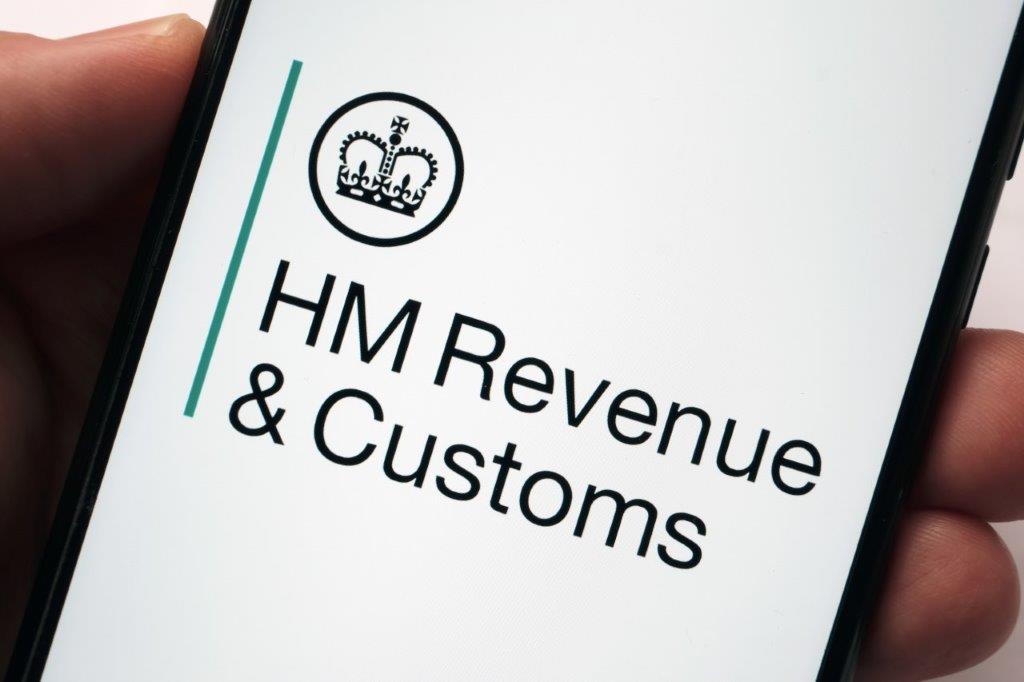The Public Accounts Committee (‘PAC’) recently published its report on HMRC’s performance in 22/23 and it was concluded that it had reached an “all-time low”.
As tax advisors, some of the most common queries we receive are in relation to how to contact HMRC. The PAC report shows that even in the circumstances where the means of contacting HMRC are identified or known, there are still challenges in actually being able to receive a conclusive response. Something we also recognise from our work in the housing and third sectors.
In this article, S3TAX Director, Ian Brown, considers how HMRC’s online guidance could be improved and examines how organisations can best correspond with HMRC to reach a successful outcome as quickly as possible.
HMRC Online resources
It is well-publicised and, to some extent understood, that HMRC has faced resourcing challenges. The difficulty, it seems, is how it is using the resources it has to assist well-meaning and intending organisations to pay the right amount of tax.
It has become more common for an attempt at a ‘live’ HMRC interaction to be met with a reminder of the online resources available and that the answer can be found there. It gives the impression that HMRC’s view is that organisations will call or write to HMRC for ease and in the absence of an attempt to look for the answer online.
However, our experience is that very few in the housing and third sectors will call HMRC as the first option – it is done so after spending time and effort trying to find a clear answer in HMRC’s online guidance.
Our experience is reflected in the PAC report which explains that HMRC insists it has good-quality digital services for taxpayers to manage their taxes but this is not the experience shared by the taxpayers or agents.
One of the areas where HMRC could improve its online resources is the simplicity or clarity in the language it uses. It is often felt that public guidance is written with a certain assumed knowledge of tax and tax terminology. A basic glossary for each tax somewhere in the guidance would be somewhat helpful.
Another area for improvement is an acceptance that the answer is not always available online as the guidance doesn’t fit the fact pattern – especially in the housing and third sectors.
There are many examples in the online guidance which say if there is doubt, and for a ‘non-tax’ professional there will normally be some, to contact HMRC. This creates a frustrating cycle of attempts at contacting HMRC referring to online guidance and online guidance referring to contacting HMRC.
Getting the correspondence right
Sometimes the best or only option is to contact HMRC. When that means writing to HMRC, in our experience it is important to consider two points when drafting correspondence:
- Have you met the basic information requirements?
For example, when submitting an error correction, ensure the total value clearly split by VAT period, or in the case of a non-statutory clearance make sure it is explained to HMRC what guidance is open to interpretation (and what those interpretations are).
If some basic information is missing, then HMRC is unlikely to be able to process and enact on the correspondence.
- Taking an objective view on the information provided in the correspondence, what obvious questions are there?
In our experience when reviewing correspondence to/from HMRC, the majority of queries from HMRC are relatively easily answered but they were also very likely to be asked based on the information provided to HMRC.
Taking the time to pre-empt what questions there are likely to be from the information to be presented to HMRC allows you to address these questions in the initial correspondence. Not only does it speed up HMRC’s review process but it should also give the reviewer confidence that care and full transparency has been given to the matter.
Covering the above two points above will go a long way to having correspondence to HMRC responded to in a conclusive way as quickly as possible.
Here’s where S3TAX can help
Our team of housing and third-sector tax specialists understand the frustrations of interpreting HMRC’s guidance and delays in corresponding with HMRC, especially when it comes to the complex tax requirements of the sectors.
However, our experience allows us to support you:
- With navigating the HMRC online guidance specifically relevant to your circumstances;
- By advising when it is necessary or beneficial to contact HMRC and the best means to do so;
- To anticipate what questions or queries could be raised by HMRC when writing to them.
We can help you deal with HMRC in a manner which should reduce the time and administration (and on occasion stress) in moving matters forward.
The feedback we receive is that specialist tax support is invaluable in reaching a positive conclusion with HMRC as quickly as possible and clients who have worked with us know the value added in discussing with us correspondence received from HMRC and how to respond.
Contact us today if you are about to correspond with HMRC or find yourself stuck in a prolonged exchange with HMRC and let our team guide you through.
